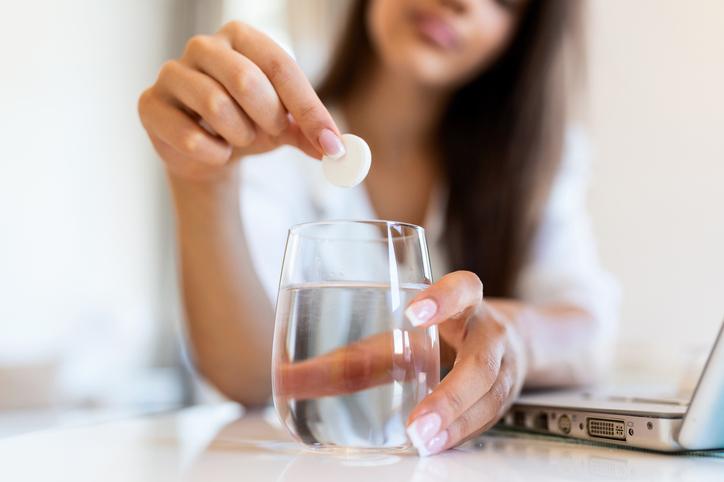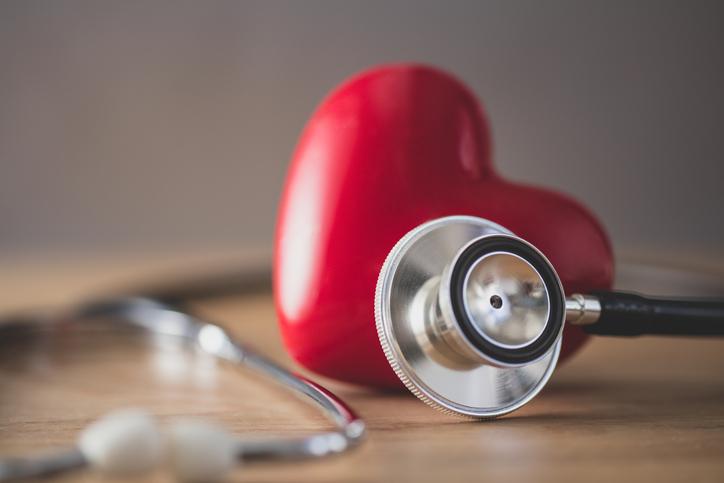25 марта 2022
10 Rules for Using Household Chemicals Safely


25 марта 2022
10 Rules for Using Household Chemicals Safely
## Rule 1: Keep packages tightly sealed
Keep liquid household chemicals in tightly sealed packages because they evaporate and their vapors remain in the air for a long time, which can get into the lungs. Always pour powders into containers with tightly closed lids or zip-locks, to avoid inhaling unnecessary microparticles of substances. If you cannot store household chemicals in a separate room, give preference to liquid products. Powders get into the air faster.
## Rule 2: Carefully remove from surfaces
After using household chemicals, rinse dishes several times. A single rinse is usually insufficient because ===the particles of the cleaners are well attached to surfaces and, as they accumulate, can cause allergies over time.
## Rule 3: Wear gloves
When working with household chemicals it is important to wear gloves, especially if you have wounds or cracks on your hands. Contact with harsh chemical mixtures can interfere with healing and even lead to blood poisoning.
## Rule 4: Don't mix bleach with ammonia
We often use bleach to clean difficult dirt. Never mix bleach with products that contain ammonia! This creates the extremely toxic gas chloramine, which can damage the eye, throat, nose, and lung tissue and cause breathing problems.
## Rule 5: Avoid direct contact with bleach
The main ingredient in bleach, sodium hypochlorite, is a strong oxidizer that can cause severe burns, which are especially dangerous to the eyes and lungs. Special goggles, a mask, and gloves can help protect you from it. Don't forget to cover your hands and feet.
> If household chemicals come into contact with your mucosa, rinse thoroughly with running water. If the substance gets into your eyes, or breathing problems or skin irritation occur, be sure to see a doctor.
## Rule 6: Do not mix bleach with acids or other cleaning agents
If you mix bleach with acids, such as vinegar or wastewater cleaner, chlorine gas will form. In large quantities, it is dangerous and can provoke coughing, wheezing, and burning sensations in the eyes, nose, and throat.
## Rule 7: Get fresh air in the room
Open windows or doors when you use cleaning products so that the room can get some fresh air. You can also turn on a ventilator to get rid of harmful vapors quickly. This is especially important for people with allergies or respiratory diseases such as asthma or chronic obstructive pulmonary disease (COPD).
## Rule 8: Don't wash fruits and vegetables with cleaning agents
Never use household chemicals to wash fruits or vegetables. Just rinse them thoroughly under running water.
> Parents of toddlers are advised to give up laundry detergent pods. Children often mistake them for candy, leading to severe poisoning.
## Rule 9: Pay attention to the composition
When buying household chemicals, carefully study the label. Try to choose products that do not contain chlorine, surfactants, nitrobenzene, formaldehyde, phosphates, phosphonates, or hydrochloric acid. These substances are hazardous to both humans and the environment. Try to buy environmentally friendly options, which fortunately are widely available.
## Rule 10: Organize your storage space
Keep all household chemicals away from food and as well as in places inaccessible to children and pets. It is better to keep chemicals in a separate, lockable locker.













